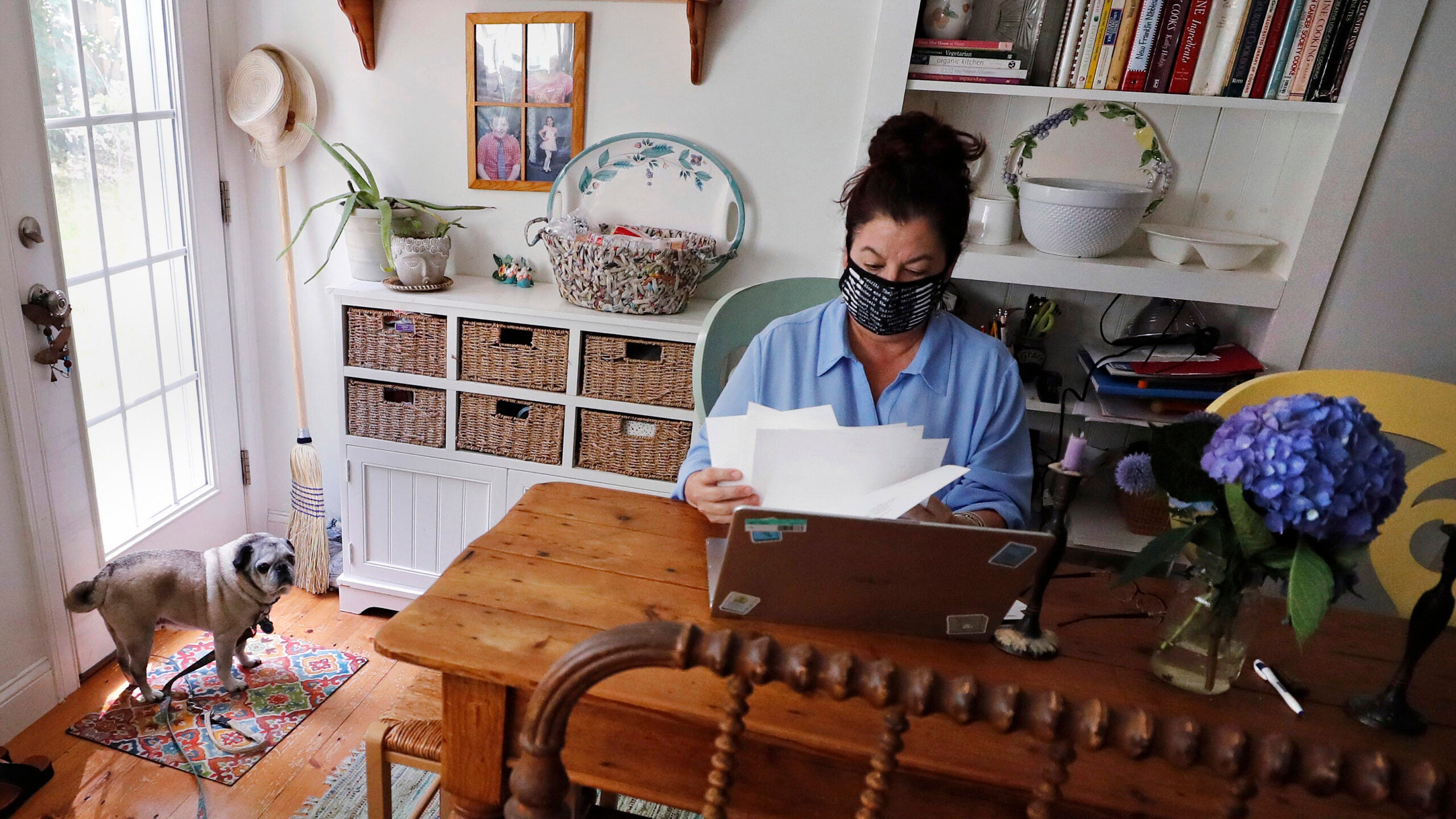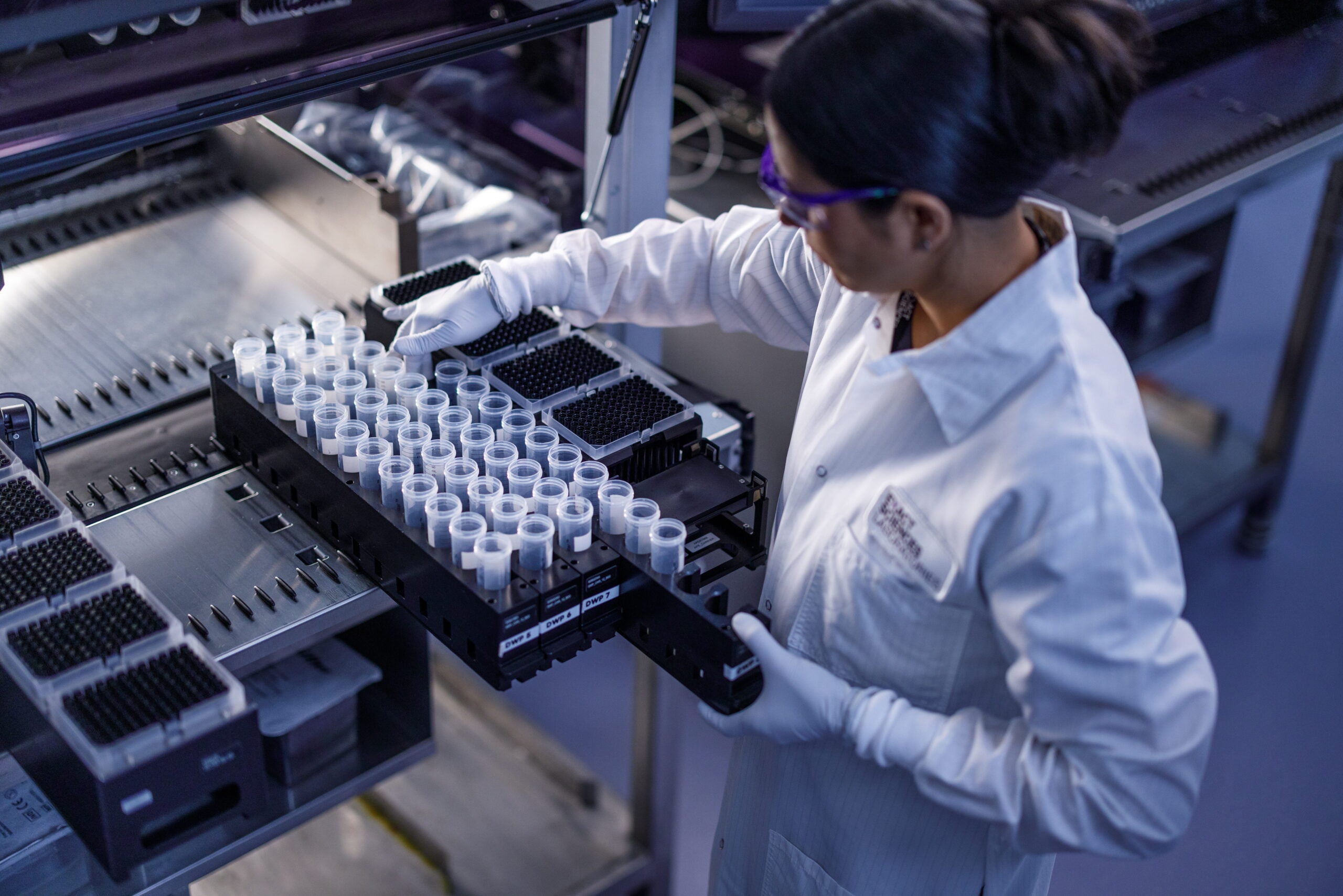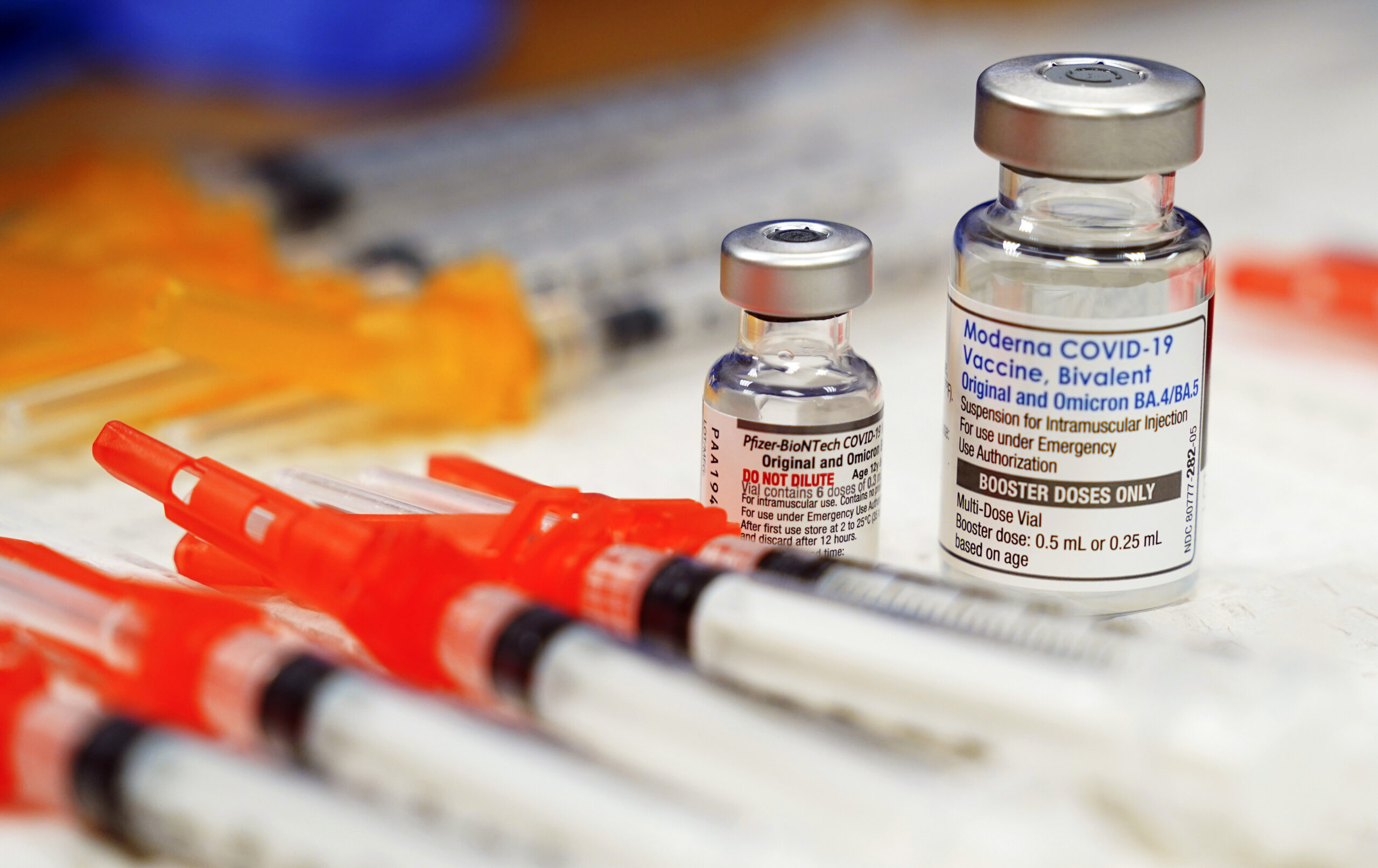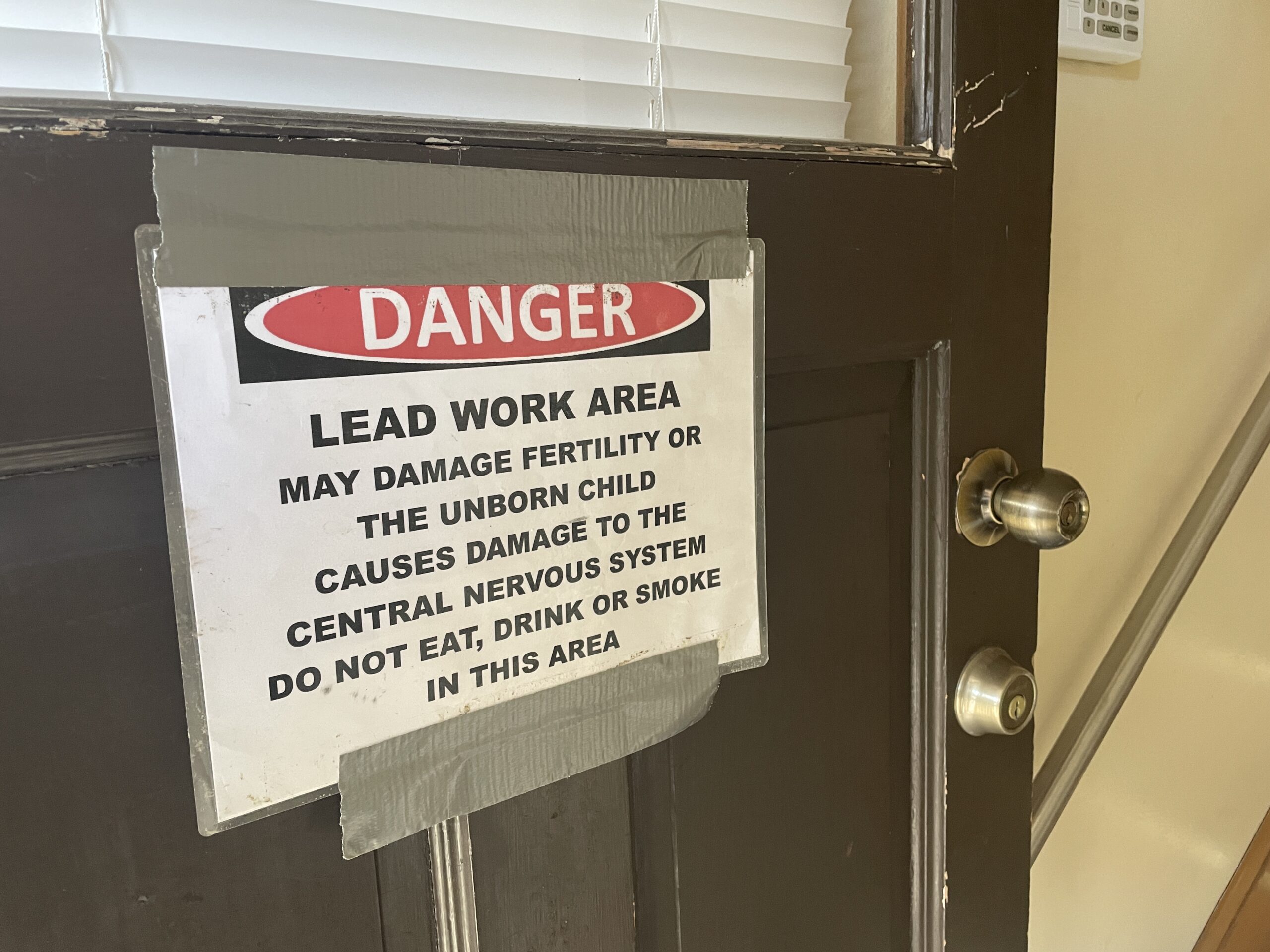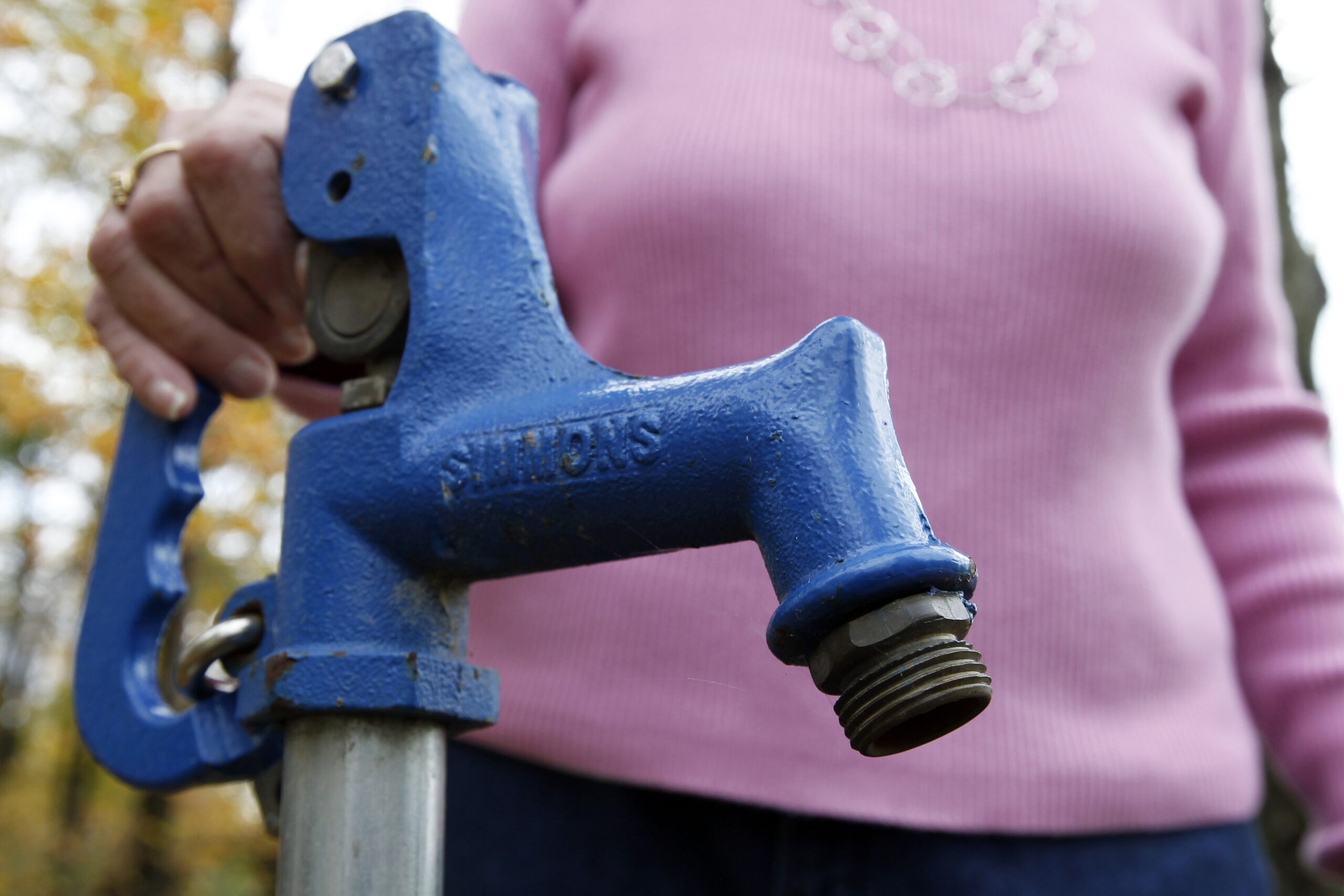As the number of COVID-19 cases continues to rise in Wisconsin, protecting members of the household and reducing spread among those who live together have emerged as big concerns for state residents.
A number of people have turned to WHYsconsin for answers to questions about what to do if someone in the household tests positive for COVID-19 and how to approach situations where more than one person needs to quarantine.
Ajay Sethi, an associate professor of population health sciences and faculty director of the Master of Public Health Program at the University of Wisconsin-Madison School of Medicine and Public Health, provided some clarity and direction for what to do if you find yourself in a similar situation.
News with a little more humanity
WPR’s “Wisconsin Today” newsletter keeps you connected to the state you love without feeling overwhelmed. No paywall. No agenda. No corporate filter.
This interview has been edited for clarity and brevity.
Q: I’m currently employed and have isolated myself because someone in my household tested positive for COVID-19. Do I have to quarantine? How long do I wait before I go back to work?
Ajay Sethi: If you were in close contact with the person who tested positive for COVID-19, then you should self-quarantine at home for 14 days after your last contact with them. Monitor your symptoms and health. Call your doctor for guidance.
The household member who tested positive for COVID-19 should be isolated from others in the household, if feasible. He or she should monitor their health and symptoms and communicate with their doctor, as well.
How often do we need to be getting tested if someone in our household has COVID-19 and is isolated?
AS: If you had close contact (within 6 feet for 15 minutes or longer) with the household member who tested positive for COVID-19, then seek testing. Call your doctor and ask if the clinic will provide testing. Testing once is sufficient unless you are advised by your doctor to get tested again at a later time.
Q: Do we need to get tested if our kids come home from school and have to quarantine because they were exposed to someone with COVID-19?
AS: Your kids should be tested since they were exposed to someone with COVID-19. Call your pediatrician to let them know and get guidance. You do not need to get tested unless your children test positive and you had close contact with them. Everyone in your home should self-monitor for any symptoms.
Q: If my spouse was in direct contact with a COVID-19 positive person, does the whole household need to be tested or just my spouse?
AS: Only your spouse needs to be tested. But if your spouse tests positive for COVID-19, then everyone your spouse had close contact with should also be tested.
Q: If I was exposed to COVID-19 by someone that I live with who tested positive, but I test negative, do I still have to stay home from work?
AS: You should self-quarantine for 14 days following your last exposure to the person who tested positive for COVID-19. If you tested negative during that time, you still need to quarantine for 14 days. If you are symptom-free after 14 days of quarantine, then you can return to work.
Q: Can two family members who both tested positive be isolated in the same room together? And do they have to wear masks around each other?
AS: The two family members who tested positive for COVID-19 can be in the same room together, especially if it is unavoidable. Wearing a mask isn’t essential when they are around each other, but it’s not a bad idea since it lessens the chance of contaminating surfaces in the room. That will protect other household members who enter the room to provide help. And while helpers are in the room, everyone should be wearing a mask.

